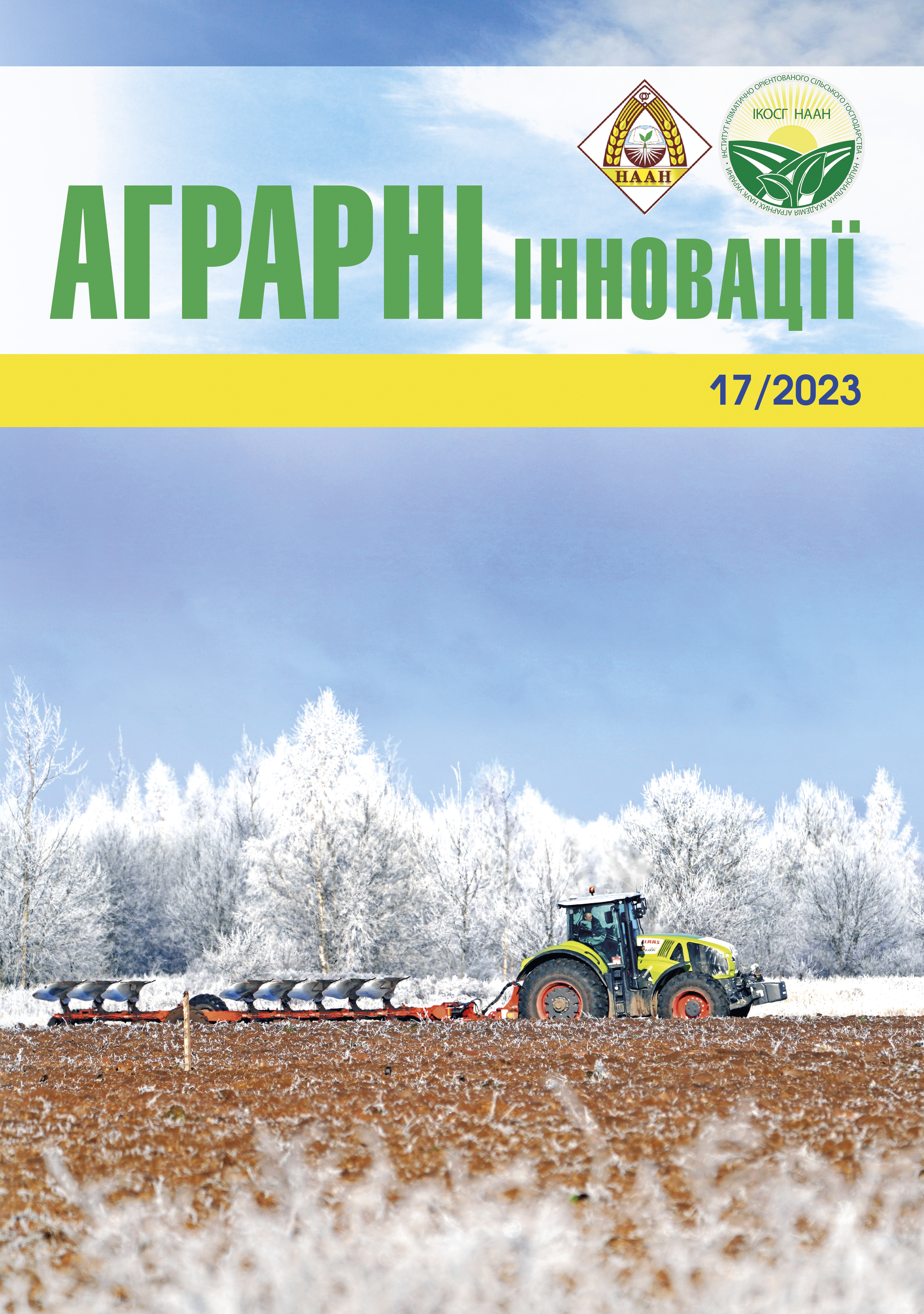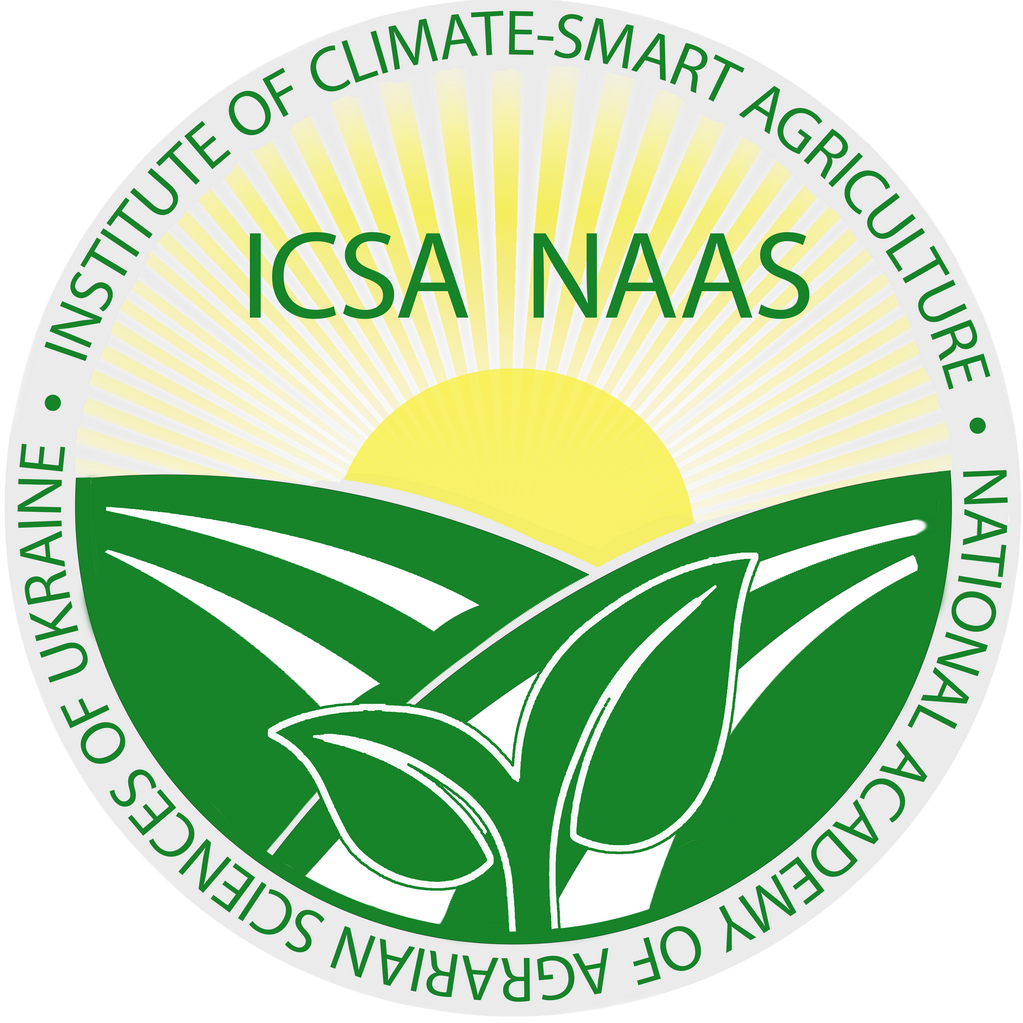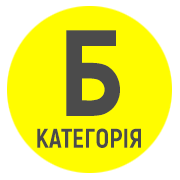PUBLISHING A HORTICULTURAL ARTICLE IN SCOPUS: WHY AND HOW?
Abstract
The article is devoted to the problem of publication of the results of horticultural research carried out by Ukrainian scientists in English-language journals indexed in the Scopus database. Today, such publications are an integral part of the success in scientific and academic field, necessary for the awarding of scientific titles and degrees. At the same time, in the Ukrainian scientific community, the process of publication in peer-reviewed foreign journals is often surrounded by negativity and false information about its complexity and high cost. Thus, the aim of this article is to increase the scientific literacy of Ukrainian horticulturists, especially young scientists, and to encourage them to publish scientific articles in English by highlighting the processes of journal selection, manuscript preparation, and peer review. The process of searching for a journal for publication is considered, taking the relevance of the subject of the conducted research to the scope of the journal into account. The main types of scientific journals based on the type of access to the articles are shown, an approximate list of journals in which the results of Ukrainian horticultural research can be published is given. The disadvantages of publishing in predatory journals are highlighted, tips are given on how to recognize them before submitting an article manuscript. A step-by-step guide of preparing a manuscript for submission to Scopus-indexed journal is given. The main differences, compared to Ukrainian scientific journals, are that the “Materials and methods” section is described in more detail in foreign publications. Also, unlike in Ukraine, in most foreign journals “Results” and “Discussion” are two separate sections. The requirements of the scientific community for authorship are indicated, and advice on the translation of the manuscript into English is provided. The typical process of peer review in Scopus-indexed journals is covered, and tips are provided for working with the editorial board and reviewers to speed up the publication process and improve the quality of the article. In general, this article was prepared with the hope that it will facilitate the exchange of scientific information for Ukrainian scientists and will contribute to th‑e further integration of Ukrainian science into worldwide research system.
References
2. Bondarenko P. Physiological basics of sweet cherry productivity depending on rootstocks, interstems and plant density. Open Agriculture. 2019. Vol. 4(1). P. 67–274. https://doi.org/10.1515/opag-2019-0025
3. Defining the Role of Authors and Contributors. ICMJE: International Committee of Medical Journal Editors : веб- сайт. URL: https://www.icmje.org/recommendations/ browse/roles-and-responsibilities/defining-the-role-ofauthors- and-contributors.html
4. Demir S. Predatory journals: Who publishes in them and why? Journal of Informetrics. 2018. Vol. 12(4). P. 1296–1311. https://doi.org/10.1016/j.joi.2018.10.008
5. Hladchenko M. Implications of Publication Requirements for the Research Output of Ukrainian Academics in Scopus in 1999–2019. Journal of Data and Information Science. 2022. Vol. 7(3). P. 71–93. https://doi.org/ 10.2478/jdis-2022-0016
6. Hladchenko M., Westerheijden D. The self-concept of Ukrainian doctoral students: Means–ends decoupling at the state level. Higher Education Quarterly. 2018. Vol. 73. P. 182–197. https://doi.org/10.1111/hequ.12182
7. Janik K., Mittelberger C., Moser M. Lights Out. The Chloroplast Under Attack During Phytoplasma Infection? Annual Plant Reviews online. 2020. Vol. 3(3). P. 399–426. https://doi.org/10.1002/9781119312994.apr0747
8. Journal rankings. Scimago Journal & Country Rank : веб-сайт. URL: https://www.scimagojr.com/journalrank. php
9. Kurt S. Why do authors publish in predatory journals? Learned Publishing. 2018. Vol. 31(2). P. 141–147. https://doi.org/10.1002/leap.1150
10. Marina T., Sterligov I. Prevalence of potentially predatory publishing in Scopus on the country level. Scientometrics. 2021. Vol. 126. P. 5019–5077. https:// doi.org/10.1007/s11192-021-03899-x
11. Melnyk, O., Drozd, O., Melnyk, I. Storage and Quality of Apples ‘Reinette Simirenko’, Depending on the Dose of Post-Harvest Treatment with Ethylene Inhibitor 1-MCP. Journal of Horticultural Research. 2018. Vol. 26(2). P. 95–102. https://doi.org/10.2478/ johr-2018-0020
12. Nazarovets S. Analysis of publications by authors of Ukrainian institutes in Scopus-delisted titles. Learned Publishing. 2022. Vol. 35. P. 499–515. https://doi.org/ 10.1002/leap.1464
13. Nobes A. A beginner’s guide to avoiding ‘predatory’ journals (using your critical thinking skills). AuthorAID: A global network of researchers. URL: https://www. authoraid.info/en/news/details/1310
14. Pavliuk L., Udovychenko K., Riaba I., Bublyk M. Variability of some isolates of Prunus necrotic ringspot virus and Prune dwarf virus infecting sour and sweet cherry in Ukraine. Acta Agriculturae Slovenica. 2021. Vol. 117(1). P. 1–9. http://dx.doi.org/10.14720/ aas.2021.117.1.1844
15. da Silva J. Citations and Gamed Metrics: Academic Integrity Lost. Academic Questions. 2021. Vol. 34(1). P. 97–100. http://dx.doi.org/10.51845/34s.1.18
16. Solomon D., Björk B. Publication fees in open access publishing: Sources of funding and factors influencing choice of journal. Journal of the American Society for Information Science and Technology. 2011. Vol. 63(1). P. 98–107. https://doi.org/10.1002/asi.21660
17. Think. Check. Submit : веб-сайт. URL: https:// thinkchecksubmit.org/journals/ukrainian
18. Vadhera A. et al. Open Access Articles Garner Increased Social Media Attention and Citation Rates Compared With Subscription Access Research Articles: An Altmetrics-Based Analysis. The American Journal of Sports Medicine. 2022. Vol. 50(13). P. 3690–3697. https://doi.org/10.1177/03635465221124885
19. Використання постійних ідентифікаторів учених та установ, їх роль у науковій екосистемі. Майстер- класи ORCID для науковців. Державна науково-технічна бібліотека України : веб-сайт. URL: https://dntb. gov.ua/news/використання-постійних-ідентифікат-2
20. Про внесення змін до Порядку присвоєння вчених звань науковим і науково-педагогічним працівникам : Наказ Міністерства освіти і науки України від 17 березня 2021 р. № 322. URL: https://zakon. rada.gov.ua/laws/show/z0646-21#n2
21. Про затвердження Порядку присудження ступеня доктора філософії та скасування рішення разової спеціалізованої вченої ради закладу вищої освіти, наукової установи про присудження ступеня доктора філософії : Постанова Кабінету Міністрів України від 12 січня 2022 р. № 44. URL: https://zakon.rada.gov.ua/ laws/show/44-2022-%D0%BF#Text






